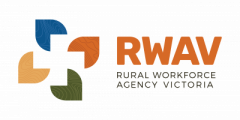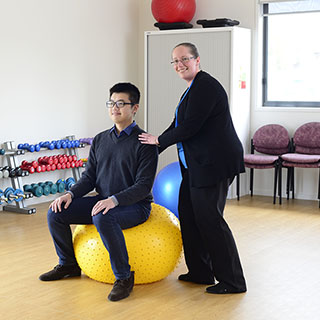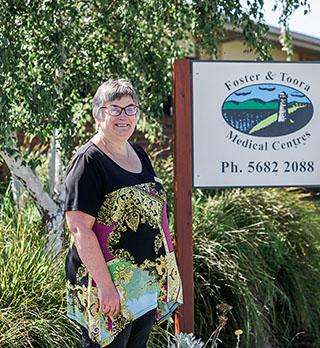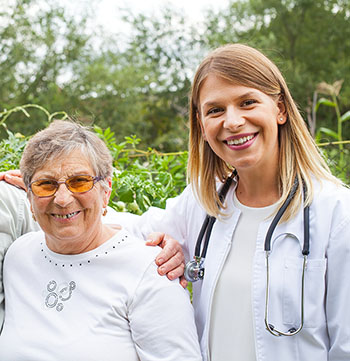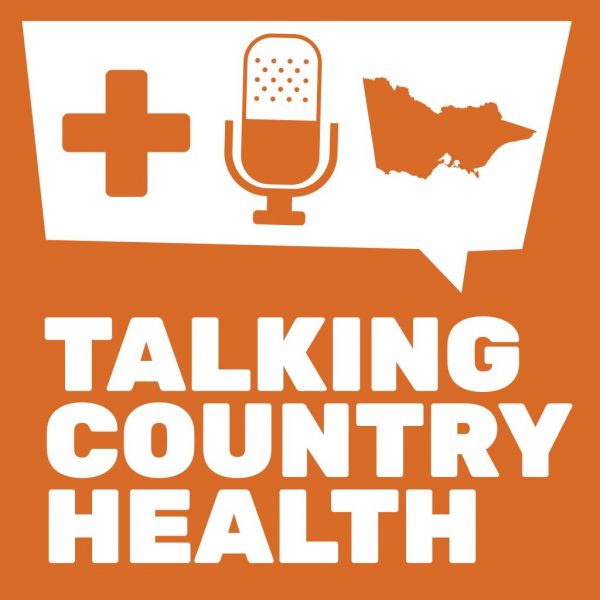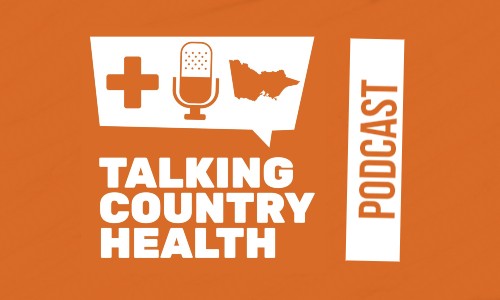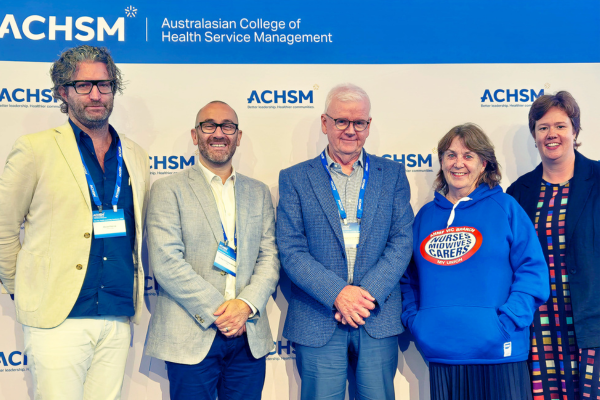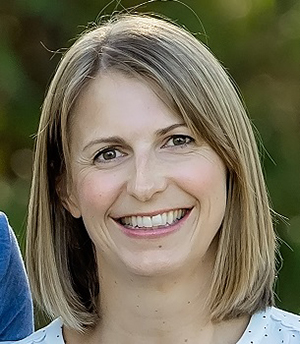
Lauren Arthurson is the Stroke Coordinator and Allied Health Manager in the Inpatient Rehabilitation ward at Echuca Regional Health. Lauren recently received the CPD for Allied Health Grant, which helped to alleviate the financial pressures of attending Smart Strokes Australasian Nursing and Allied Health Stroke Conference in Sydney last year. We caught up with Lauren to learn more about how she benefited from the conference and the perks of working in a regional health service.
Tell me a bit about your background and how you came to work at Echuca Regional Health.
I moved to Echuca from Melbourne seven years ago to raise my family in the country. I’m a speech pathologist by trade, and most of my working experience has been with stroke patients. I was lucky enough to have the opportunity to continue working in stroke within a regional area as the Stroke Coordinator and Allied Health Manager in the Inpatient Rehabilitation ward at Echuca Regional health.
You were a recipient of the CPD for Allied Health Professionals grant. Why did you apply and how did you use it?
Last year I presented a project at Smart Strokes Australasian Nursing and Allied Health Stroke Conference in Sydney. The CPD for Allied Health grant alleviated the financial pressure to attend because it is so expensive for regional clinicians to go to these types of events. The cost of registration, accommodation, travel, meals and parking meant that this event would have cost me upward of $2,000! I am so grateful that this was available to put cover some of these costs.
In your opinion, has the grant helped you in your current role?
Enormously. I find these events so beneficial from an evidence-based perspective to update my own knowledge and to learn about the latest research. It is just as beneficial to have the opportunity to network with fellow clinicians. You can learn just as much from networking with peers as you can from the conference sessions. This is great for me because you can map out how you can bring new ideas and improve delivery of service in your community.
Speaking more broadly, how do you think the knowledge you’ve taken away helps to enhance the delivery of healthcare within your community?
I was able to bring back what I learned at the conference and present it to multiple wards in the hospital. With each discipline we could look at how change might be implemented with these new learnings and ideas. I was also able to share this knowledge with our local stroke support group. Community members and clinicians across the hospital were keen to hear about the latest in stroke care. What’s really exciting is that we have started to implement some changes already.
Do you have any advice for allied health professionals who might be considering relocating to a regional/rural area?
Working in rural areas is incredibly rewarding. People have the perception that they are limited with career options in the country. I was keen to live and work in Echuca because my priority was raising my kids in the country. Now that I’m here, I can see many career opportunities. I’m fortunate to be in my role, which might not have happened if I was still working in a large metropolitan hospital.
There are a number of exciting things happening in smaller health services. For example, we have access to the Victorian Stroke Telemedicine program, which breaks down barriers regarding issues about accessing ‘gold standard’ care for stroke patients.
You also find that in smaller health services, it is very easy to engage with clinicians and executive management. I think it is sometimes easier to bring about practice change in smaller health services. This is the case with Echuca Regional Health, which has had grown rapidly in the last five years and continues to do so.
I encourage allied health professionals to look broadly and consider some of the great things that are being achieved by regional and rural health services.
The CPD for Allied Health Professionals is an initiative of the Victorian Government Department of Health & Human Services administered by RWAV.
